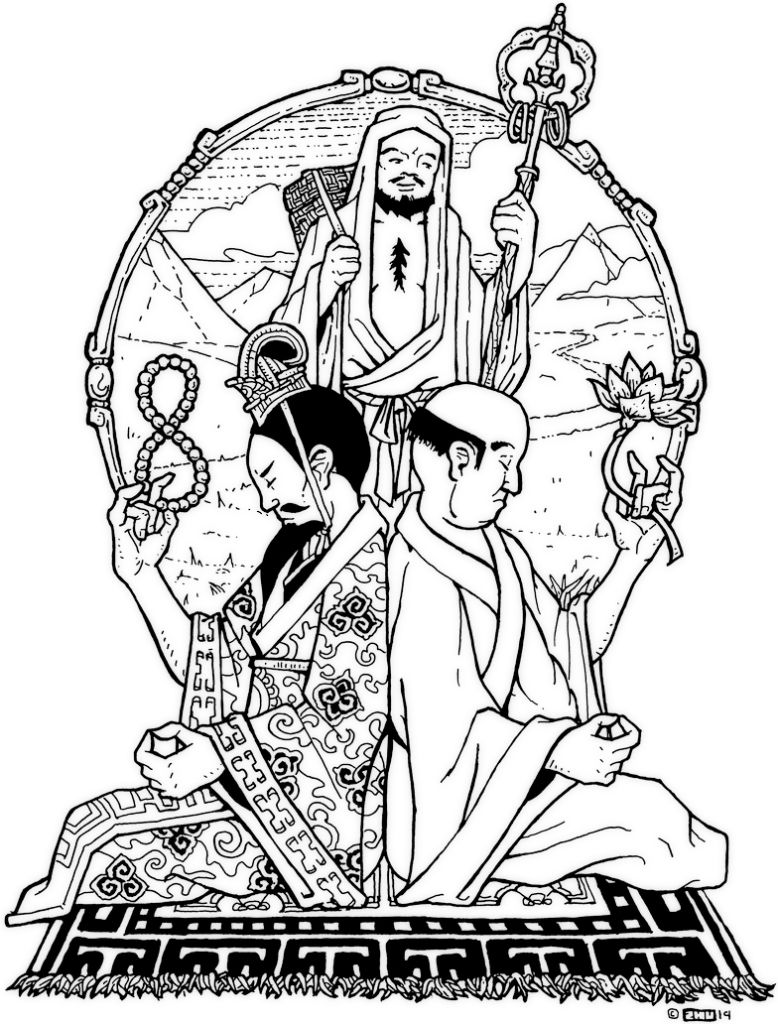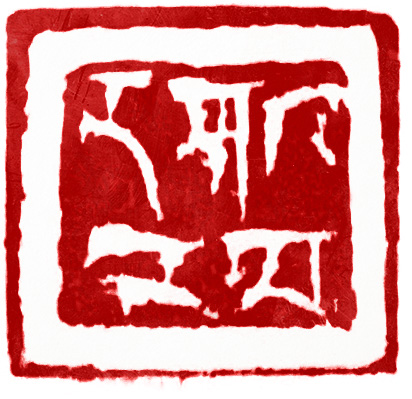Praise for The Garden of Weeds and Flowers
A generation-defining rendering of one of the great Zen Buddhist scriptures.”
Jon M. Sweeney, book reviewer for Spirituality and Practice and author of Thomas Merton: An Introduction to His Life, Teachings, and Practices (2021) and Feed the Wolf: Befriending Our Fears in the Way of Saint Francis (2021).
In order to make these powerful teachings accessible to the zen curious today, Matthew Sullivan studied the cultures and languages of ancient China and helped cut through so much obscurity that the stories actually make sense to a modern reader. He uses great intellectual power to cut through intellectualism, he uses humor to cut through seriousness, he uses China to cut through Canada. He uses images of swooping and pooping bats to wake us up to the majesty and messiness of ordinary experience. He takes the magic and mystery of a fabled iron ox, to do the real world work of digging canals to alleviate flooding. He uses his own personal stories and humility to make these ancient stories resonate in modern times.
“Old Zen Buddhist stories are confusing! These short dialogues and slices of life from ancient China, called koans, have been baffling Zen students for centuries. And that’s kind of the point. They’re meant to express a special sort of logic that develops from years of meditative practice. Even so, often modern English-language commentaries on the koans just add confusion on top of confusion. Not so with The Garden of Flowers and Weeds. Matthew Juksan Sullivan provides clear, straightforward commentaries that explain the references to ancient literature, which we in the West have not been exposed to, and help make sense of these stories without destroying their poetry and mystery.”
Brad Warner, Sōtō Zen monk, punk rock musician, documentarian, and author of Hardcore Zen.
These commentaries are original, authentic and insightful; a valuable addition to what is so far available. I appreciated the direct, personal and emotionally honest voice. No speaking gnomically from on high! The Garden of Flowers and Weeds will fill a major gap in what’s available to students.”
Zen Master Barry Magid, founding teacher of the Ordinary Mind Zendo and author of Nothing Is Hidden: The Psychology of Zen Koans (2013).
The Blue Cliff Record is the major collection of koan narratives in the Zen Buddhist tradition, and Matthew Sullivan has spent many years contemplating the meaning and significance of each of the 100 cases, or as he puts it in the commentary to #81, searching in the weeds for the Elk of Elks who escapes every arrow. With its concise but highly informative and illuminative historical comments and contemporary reflections on the koans, in addition to a useful introductory essay, this book will be of great interest to all teachers and practitioners of Zen who wish to learn more about the classic writings, regardless of their particular style of training.”
Prof. Steven Heine, author of Chan Rhetoric of Uncertainty in the Blue Cliff Record: Sharpening the Sword at the Dragon’s Gate (2016).
I cannot slander him and say he walks with the ancients. I cannot praise him and say he does not walk with the ancients. He writes from an intimacy with the fundamental matter to encourage the reader to read that way too. The core is to inquire into the self, to shamelessly do as a reader what my new brother Matthew does as a writer. Hui Neng indicated that, when regarding the sutras, you should let them read you, rather than you reading them. Here is a guided opportunity to do the same with the Blue Cliff Record.”
Zen Master Jok Um (Ken Kessel), guiding teacher for New Haven Zen Center, Hwa Um Sa-Orlando Zen Center, Gateless Gate Zen Center (Gainesville) and Cypress Tree Zen Group (Tallahassee).
A well-researched book which tries to make this collection of koans accessible and relevant to a wider public. It also succeeds in bringing the freshness and immediacy of Chan/Seon/Zen.”
Martine Batchelor, translator of the Way of Korean Zen (2009), author of Women in Korean Zen (2006) and co-author of what is this? (2019).
This wonderful book demystifies the often abstract approach to commentary on the Blue Cliff Record koan teaching tradition. These commentaries superbly resonate the substance of what it means to be a human being. If you consider yourself a sincere student of ‘What am I?’ this book is destined to be a valuable resource tool on your journey.”
Zen Master Ji Haeng, Thomas Pastor, founder and Abbot of the Zen Center of Las Vegas.
A gift from a Korean Zen lineage, these Blue Cliff Record koans are succinctly rendered, pared down to gleaming white bones in life-giving commentaries. Through the clear eyes and deft hands of Zen Master Matthew Juksan Sullivan, you will meet yourself in koan after koan, each one challenging you to enter the portals of your very own life as only you can. The Zen Ancestors’ heart wisdom rendered here is a sharp blade, cutting through thick layers of self-absorption and propelling you into the immediacy of benefitting the lives around you.”
Wendy Egyoku Nakao, Abbot Emeritus, Zen Center of Los Angeles, Co-author, The Book of Householder Koans: Waking Up in the Land of Attachments.
The Blue Cliff Records are a vast body of Zen Teachings, begun in the sayings and doings of Tang Dynasty Masters, with muscles and skin provided by subsequent Masters adding commentaries, verses, appended sayings, and questions and answers. I have lived with these for well over four decades now, day and night, and enjoyed this text very much. Matthew Juksan Sullivan has gone to the simple and bare bones of the hundred cases once gathered by Master Xuedou and shows that these bones are still alive and their marrow bright. The translations, commentaries, and annotations are lively and clarifying, describing his own experience of the jokes and jibes of the ancients.”
The Venerable Anzan Hoshin roshi, White Wind Zen Community
In order to make these powerful teachings accessible to the Zen curious today, Matthew Sullivan studied the cultures and languages of ancient China and helped cut through so much obscurity that the stories actually make sense to a modern reader. He uses great intellectual power to cut through intellectualism, he uses humor to cut through seriousness, he uses China to cut through Canada. He uses images of swooping and pooping bats to wake us up to the majesty and messiness of ordinary experience. He takes the magic and mystery of a fabled iron ox, to do the real world work of digging canals to alleviate flooding. He uses his own personal stories and humility to make these ancient stories resonate in modern times.
Zen Master Peter Taylor, author of Taste Poison: A Zen and Mindfulness Approach To Life and Hear Now: A Way of Zen and Mindfulness. Read Zen Master Taylor’s full review here.

